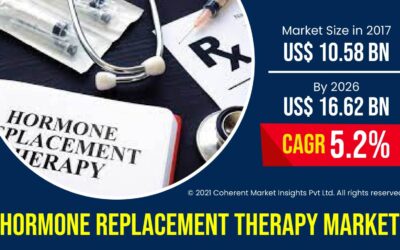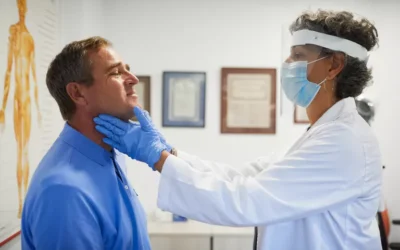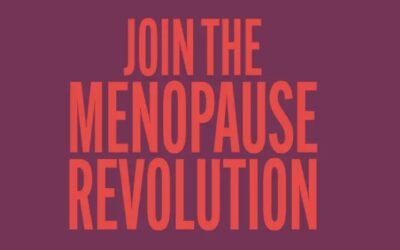October 1, 2021
A large study out of the United Kingdom finds that women who use hormone replacement therapy (HRT) do not have a higher risk of dementia.
Women who use hormone replacement therapy (HRT) do not face an increased risk of developing dementia, according to a study published this week in The BMJ.
The findings held true regardless of hormone type, dose, or duration. The role of those factors had previously been uncertain in earlier studies.
HRT is used to relieve menopausal symptoms such as hot flashes, sleep disturbance, mood swings, memory losses, forgetfulness, poor concentration, and depression; some menopausal symptoms are similar to early signs of dementia.
Therapy may include tablets containing estrogen only or a combination of estrogen and progestogen, as well as patches, gels and creams.
It is not approved for cognitive benefits.
While some studies have suggested a beneficial link between estrogen and age-related cognitive decline, other prior research in this area has found different results.
The largest randomized trial of HRT specifically to prevent dementia, the Women’s Health Initiative Memory Study, found an increased risk of developing dementia among users of estrogen-progestogen therapy.
And a recent large observational study in Finland suggested a dementia risk for those taking estrogen or estrogen and progestogen, but the study had some methodological weaknesses.
Using data from the National Health Service, researchers at the Universities of Nottingham, Oxford, and Southampton undertook the current case-control study in an effort to clarify those earlier findings.
They used 2 UK primary care databases linked to hospital records (QResearch and CPRD) to analyze HRT prescriptions for the 118,501 women 55 years and older who received a diagnosis of dementia between 1998 and 2020, who were matched with 497,416 women by age and general practice, who did not have dementia.
The researchers included prescriptions issued more than 3 years before the diagnosis was made, including hormone type, dose, and method of administration. They included in the analysis family history, smoking, alcohol consumption, comorbidities, and other prescriptions.
Overall, 16,291 (14%) women with dementia and 68,726 (14%) without had used HRT in the period up to 3 years before diagnosis.
After a regression analysis for confounders, the researchers found no overall associations between HRT use and risk of dementia.
For a subgroup of patients younger than 80 years who had been taking estrogen-only therapy for 10 years or more, there was a slightly decreased risk of dementia (adjusted odds ratio, 0.85; 95% CI, 0.76-0.94).
However, an analysis of cases with a specific diagnosis of Alzheimer disease (AD) showed a slight increase in risk associated with estrogen-progestogen therapy. This rose gradually with each year of exposure, reaching an average 11% increased risk for use of between 5 and 9 years and an average 19% for use of 10 years or more—equivalent to, respectively, 5 and 7 extra cases per 10,000 woman-years.
The study had a few limitations, such as its observational nature and an incomplete recording of menopausal symptoms in patient records. On the other hand, it used a large data sample from primary care records and was designed not only to assess overall risk for women exposed to different types of long-term hormone therapy but also to explore the differences between component hormones, offering new, more reliable estimates for doctors and their patients.
Reference
Vinogradova Y, Dening T, Hippisley-Cox J, Taylor L, Moore M, Coupland C. Use of menopausal hormone therapy and risk of dementia: nested case-control studies using QResearch and CPRD databases. BMJ. Published online September 20, 2021. doi:10.1136/bmj.n2182









